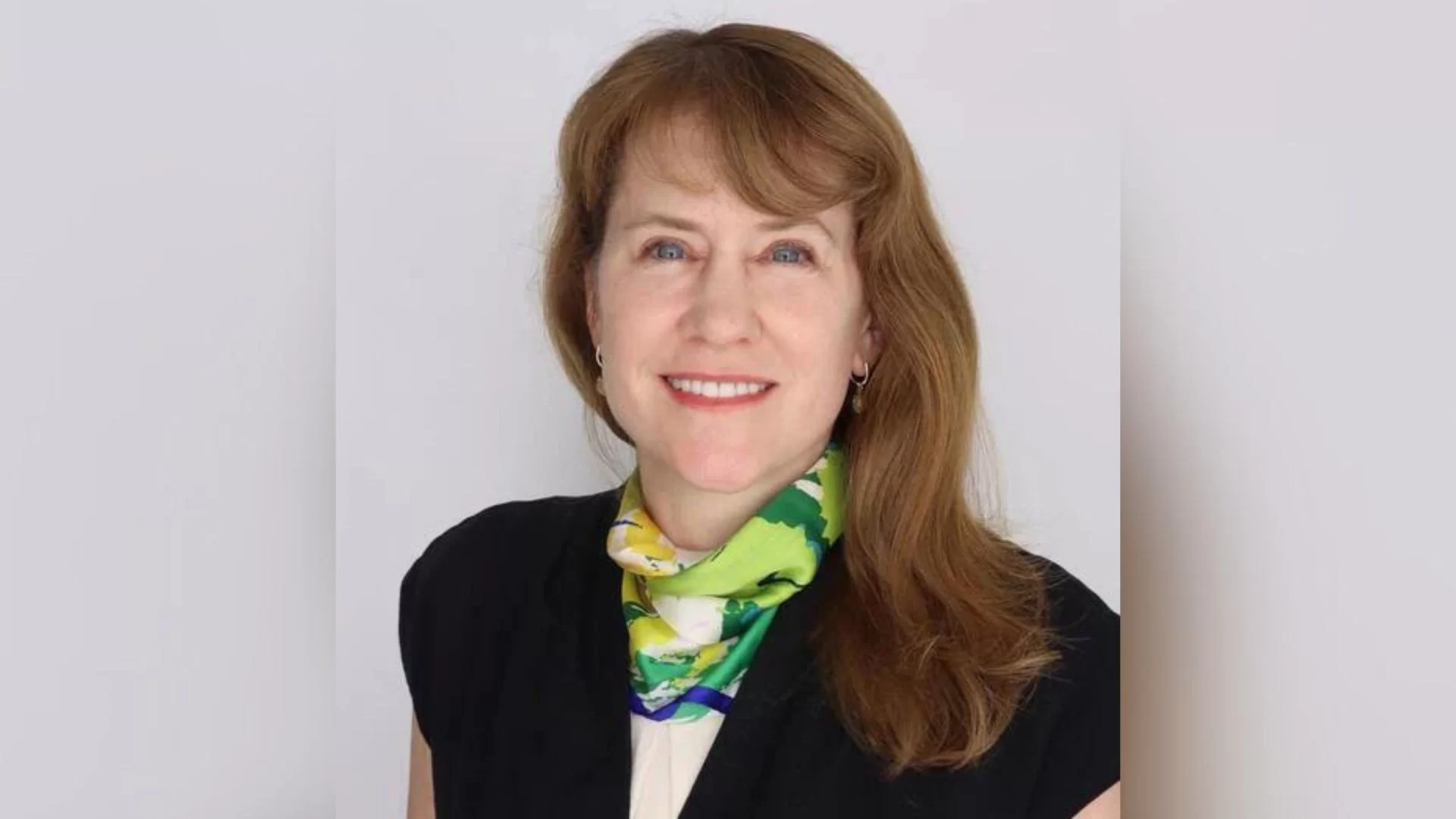Mayo Clinic recently announced a multi-year partnership with Oxford Nanopore, a developer of the new generation of nanopore-based molecular sensing technology, to develop improved testing methods for diseases like cancer and genetic disorders, according to a press release from Mayo Clinic.
“We are proud to work with Mayo Clinic to support the development of new tests that will assist clinical decision-making and improve patient lives,” said Gordon Sanghera, CEO at Oxford Nanopore Technologies, according to the press release. "This collaboration shows that Oxford Nanopore’s technology is ready to support development and validation of assays for clinical care, and it underscores our maturity and long-term vision to transform this space. We have long held the ambition to become a utility player in world-renowned, global clinical centers of excellence, and this is our first step toward achieving that vision."
According to the press release, the partnership with Oxford Nanopore will run for several years in order to advance new clinical tests for a wide variety of diseases. The two organizations have identified multiple areas for development, with potential applications including research in human genetics and the detection of genetic predisposition to cancer.
“Pairing Oxford Nanopore’s innovative nanopore sequencing with Mayo Clinic’s world-class clinical and diagnostic testing knowledge further helps advance patient care,” said Bobbi Pritt, M.D., interim chair of Mayo Clinic’s Department of Laboratory Medicine and Pathology, according to the press release. “We are excited to collaborate with Oxford Nanopore on this effort to develop new clinical tests that will provide the right answers for patients at the right time.”
Mayo Clinic seeks to improve testing for some of the most difficult-to-distinguish medical conditions. The use of nanopore sequencing will help provide quicker and more accurate predictions of cancer. The ability to work with all different lengths of DNA fragments will give clinicians a better understanding of how cancer genomes can evolve.

